
English Encyclopedia
 *美国政治
*美国政治

The Brookings Institution, often simply called Brookings, is an American research group founded in 1916. Located on Think Tank Row in Washington, D.C.,[3] the organization conducts research and education in the social sciences, primarily in economics (and tax policy), metropolitan policy, governance, foreign policy, global economy, and economic development.[4][5] Its stated mission is to "provide innovative and practical recommendations that advance three broad goals: strengthen American democracy; foster the economic and social welfare, security and opportunity of all Americans; and secure a more open, safe, prosperous, and cooperative international system."[3]
Brookings has five research programs at its Washington campus: Economic Studies,[6] Foreign Policy,[7] Governance Studies,[8] Global Economy and Development,[9] and Metropolitan Policy.[10] It also established and operates three international centers which are based in Doha, Qatar (Brookings Doha Center, and since 2021, the Middle East Council on Global Affairs or MECGA);[11] Beijing, China (Brookings-Tsinghua Center for Public Policy, and since 2020, the Brookings-Tsinghua China Office at Tsinghua University);[12] and New Delhi, India (Brookings India, and since 2020, the Centre for Social and Economic Progress or CSEP).[13]
The University of Pennsylvania's Global Go To Think Tank Index Report has named Brookings "Think Tank of the Year" and "Top Think Tank in the World" every year since 2008.[14] The Economist describes Brookings as "perhaps America’s most prestigious think-tank."[15]
Brookings states that its staff "represent diverse points of view" and describes itself as nonpartisan,[16] and various media outlets have alternately described Brookings as centrist,[17] liberal,[18] or right-wing.[19] An academic analysis of congressional records from 1993 to 2002 found that Brookings was cited by conservative politicians almost as often as by liberal politicians, earning a score of 53 on a 1–100 scale, 100 representing the most liberal score.[20] The same study found Brookings to be the most frequently cited think tank by U.S. media and politicians.

The Federal Aviation Administration (FAA) is the largest transportation agency of the U.S. government and regulates all aspects of civil aviation in the country as well as over surrounding international waters.[3]: 12, 16 Its powers include air traffic management, certification of personnel and aircraft, setting standards for airports, and protection of U.S. assets during the launch or re-entry of commercial space vehicles. Powers over neighboring international waters were delegated to the FAA by authority of the International Civil Aviation Organization.
Created in August 1958, the FAA replaced the former Civil Aeronautics Administration (CAA) and later became an agency within the U.S. Department of Transportation.
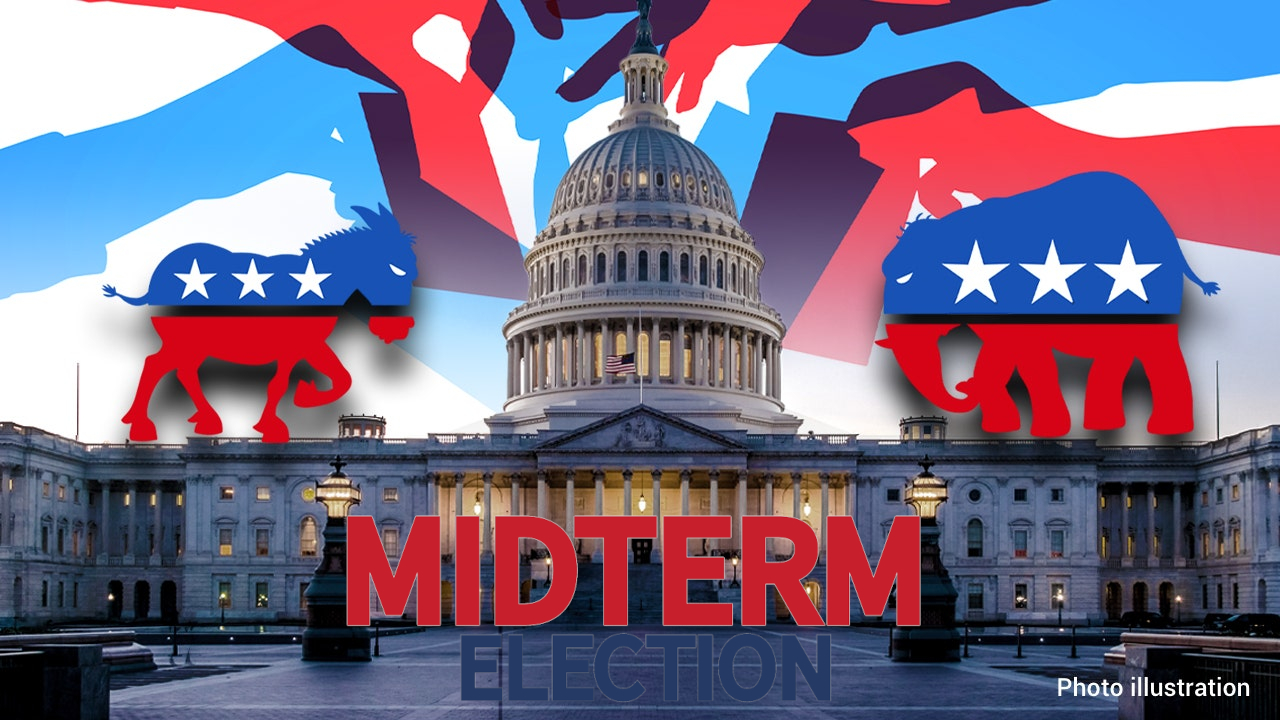
Midterm elections in the United States are the general elections that are held near the midpoint of a president's four-year term of office, on Election Day on the Tuesday after the first Monday in November. Federal offices that are up for election during the midterms include all 435 seats in the United States House of Representatives, and 33 or 34 of the 100 seats in the United States Senate.
In addition, 34 of the 50 U.S. states elect their governors for four-year terms during midterm elections, while Vermont and New Hampshire elect governors to two-year terms in both midterm and presidential elections. Thus, 36 governors are elected during midterm elections. Many states also elect officers to their state legislatures in midterm years. There are also elections held at the municipal level. On the ballot are many mayors, other local public offices, and a wide variety of citizen initiatives.
Special elections are often held in conjunction with regular elections,[1] so additional Senators, governors and other local officials may be elected to partial terms.
Midterm elections historically generate lower voter turnout than presidential elections. While the latter have had turnouts of about 50–60% over the past 60 years, only about 40% of those eligible to vote go to the polls in midterm elections.[2][3] Historically, midterm elections often see the president's party lose seats in Congress, and also frequently see the president's opposite-party opponents gain control of one or both houses of Congress.
The RAND Corporation ("research and development")[7] is an American nonprofit global policy think tank[1] created in 1948 by Douglas Aircraft Company to offer research and analysis to the United States Armed Forces. It is financed by the U.S. government and private endowment,[6] corporations,[8] universities[8] and private individuals.[8]
The company has grown to assist other governments, international organizations, private companies and foundations with a host of defense and non-defense issues, including healthcare. RAND aims for interdisciplinary and quantitative problem solving by translating theoretical concepts from formal economics and the physical sciences into novel applications in other areas, using applied science and operations research.
 经济和贸易
经济和贸易
 财政金融
财政金融

 政党和政府组织
政党和政府组织
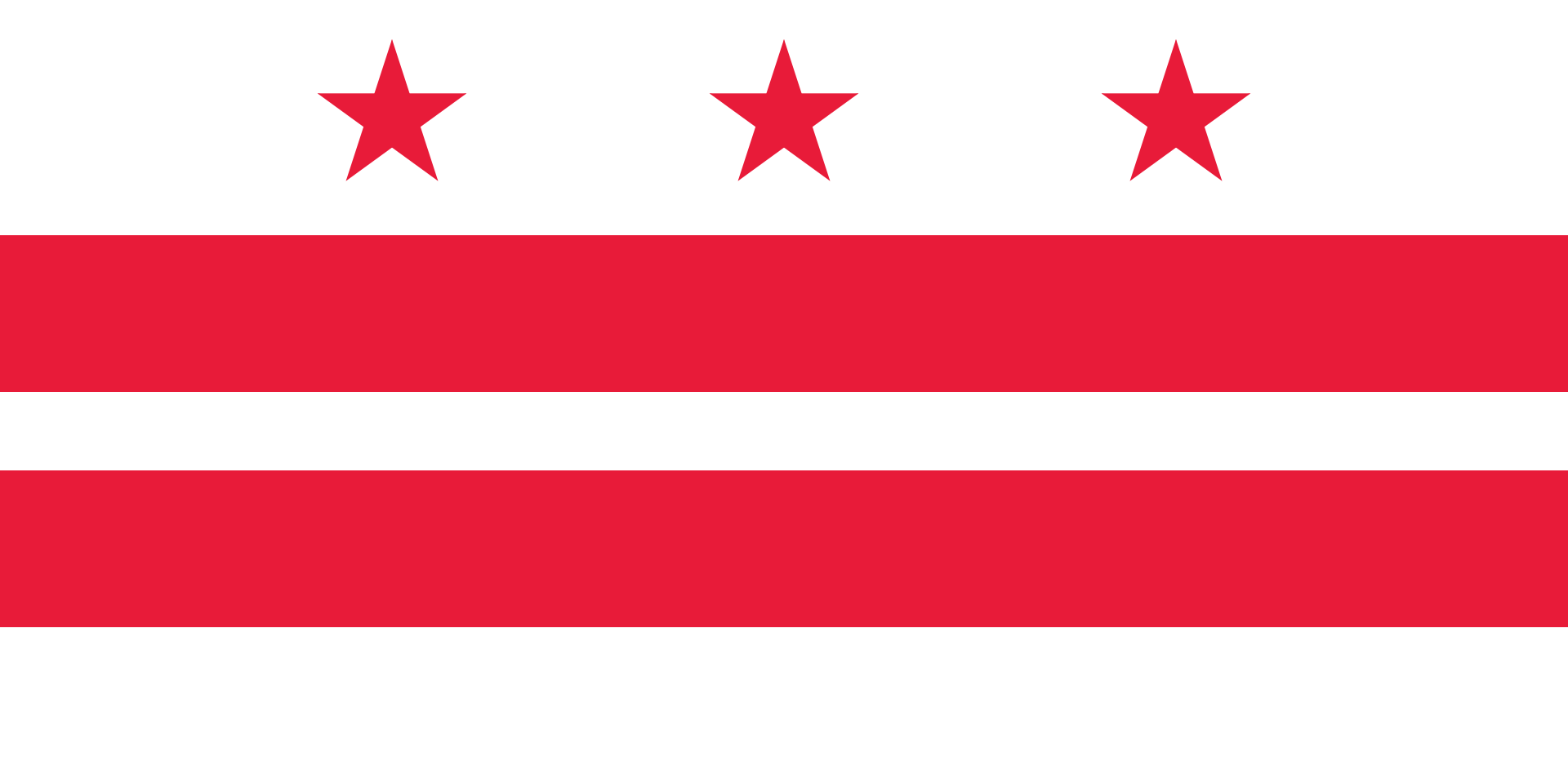 华盛顿哥伦比亚特区
华盛顿哥伦比亚特区
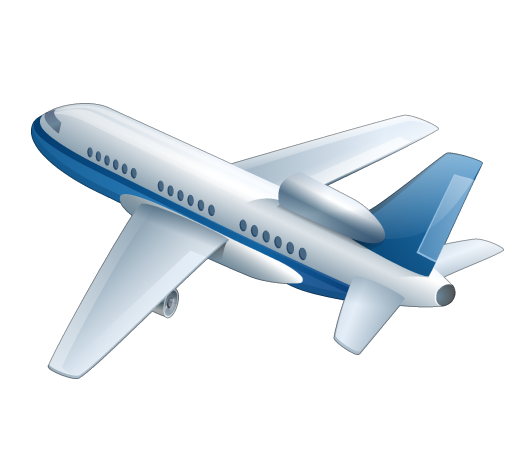
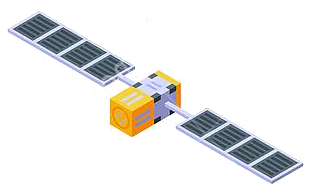
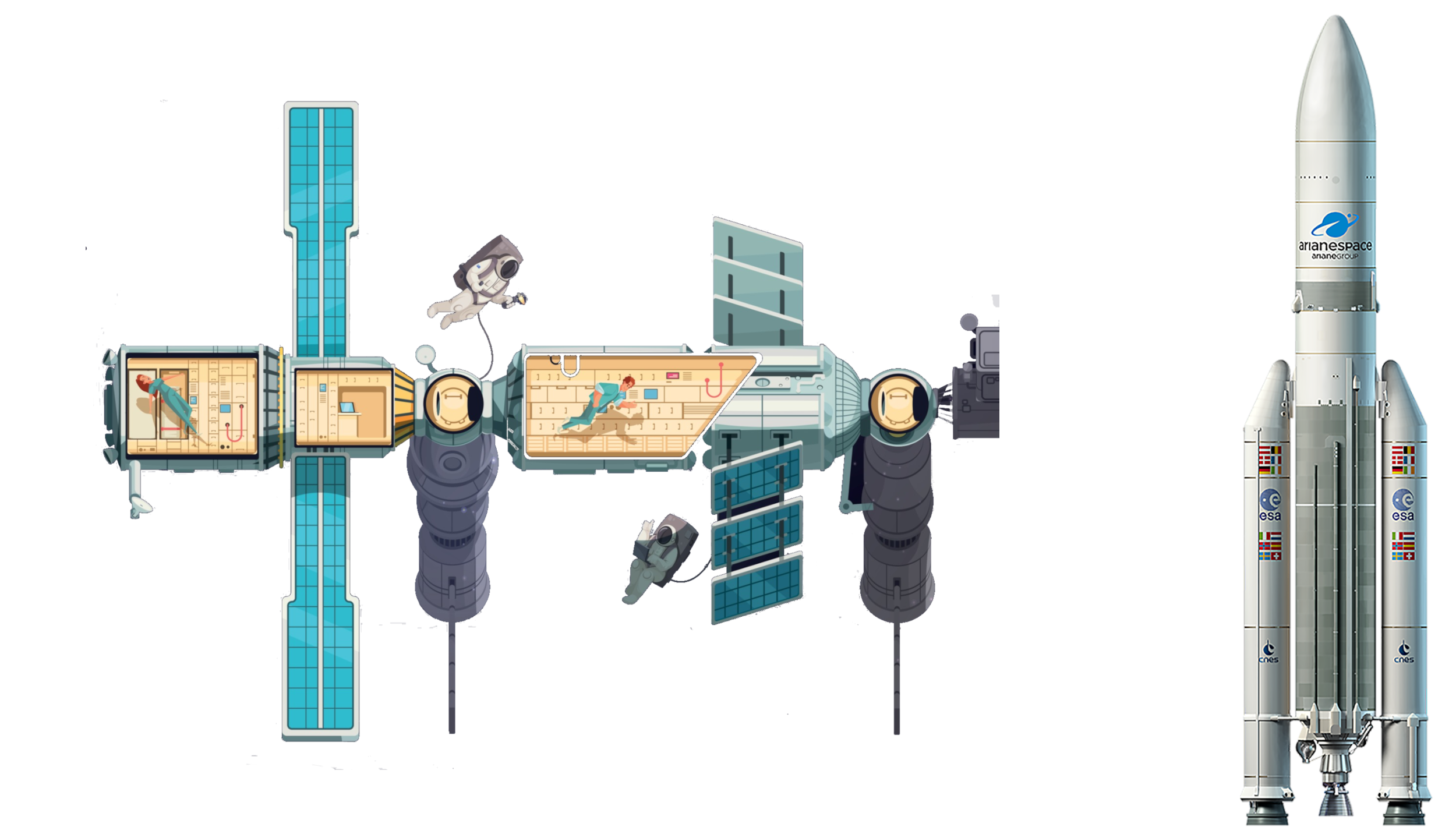 航空航天
航空航天
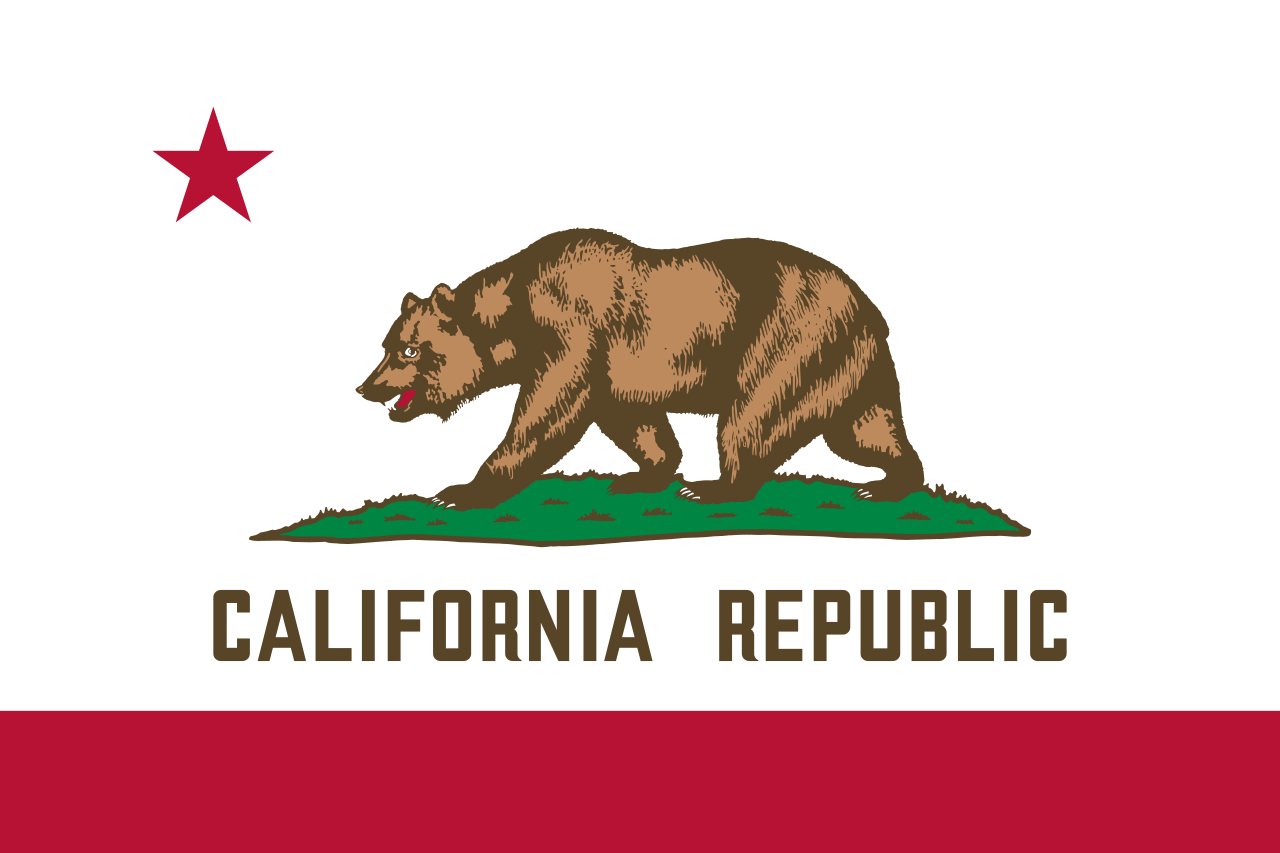 加利福尼亚州
加利福尼亚州